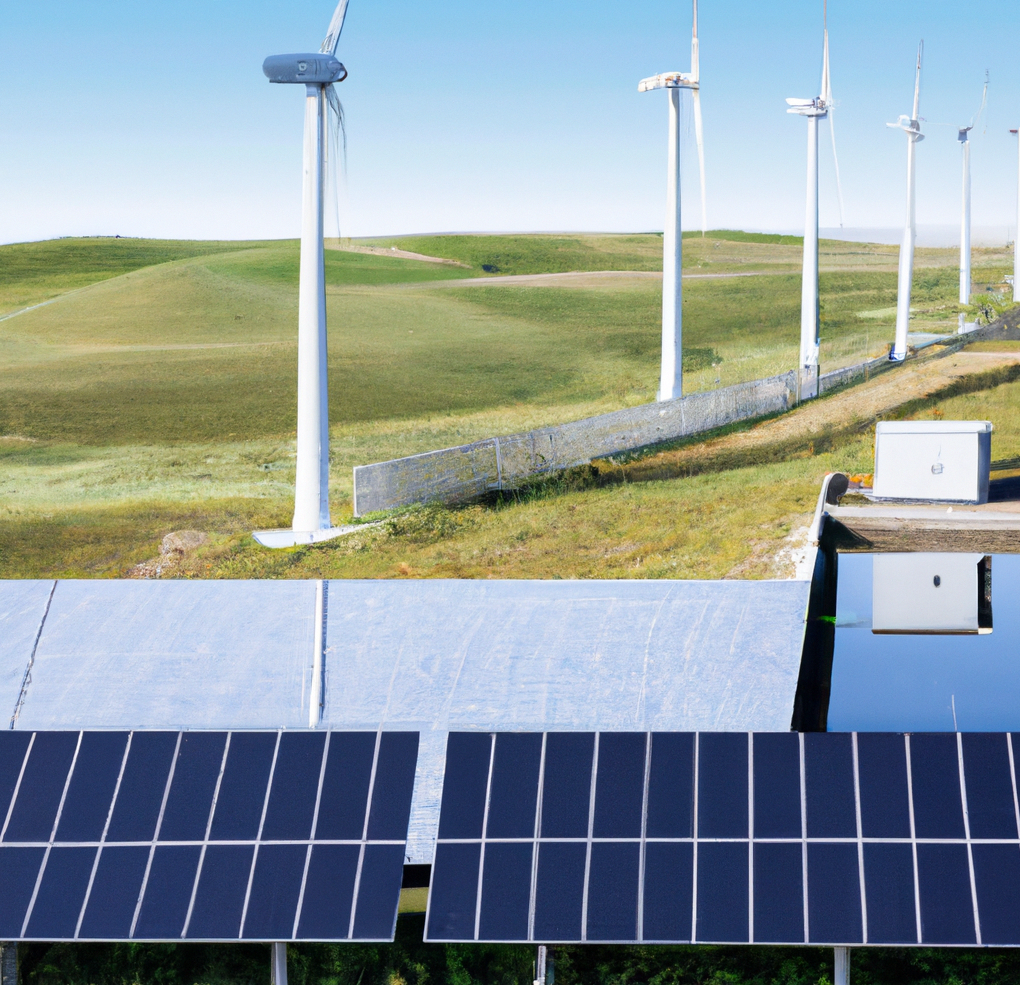Written by Giannis Taousanidis, electrical engineer at Wattcrop.
As the effects of climate change become more apparent and the need to reduce greenhouse gas emissions becomes urgent, the world turns to renewables more and more. Therefore, the issue of access to renewables has become increasingly clear lately. Renewable energy sources such as wind, solar, and hydropower offer a clean and sustainable alternative to traditional fossil fuels, and access to these sources is critical for achieving a sustainable future.
The benefits of renewable energy:
One of the most significant benefits of renewables is their ability to reduce greenhouse gas emissions. Fossil fuels such as coal, oil, and gas are major contributors to climate change, and their combustion releases carbon dioxide and other pollutants into the atmosphere. Renewable energy sources, on the other hand, produce little to no emissions and can significantly reduce our carbon footprint. According to the International Renewable Energy Agency (IRENA), the total capacity of renewables worldwide was around 3TW in 2021, with 260GW of them added in 2020 alone, demonstrating the increasing importance of these sources in the global energy mix.
Access to renewables is also crucial for promoting energy independence and security. Fossil fuels are often imported from other countries, making them vulnerable to price fluctuations and supply disruptions. In contrast, renewables can be produced locally and in almost any part of the world, reducing dependence on foreign energy sources, and creating opportunities for local economic development. In addition, renewable energy sources are typically more resilient to extreme weather events and other disruptions, making them a more reliable source of energy in the face of climate change.
Renewable energy sources also offer a range of social and economic benefits. For example, the expansion of renewable energy infrastructure can create new jobs in fields such as manufacturing, installation, and maintenance. This can help to stimulate local economies and provide new opportunities for workers. In addition, renewable energy can be more affordable in the long run, as the costs of installation and maintenance are offset by lower fuel costs. This can help to make energy more accessible and affordable for low-income communities and those living in developing countries.
The challenges:
However, access to renewables is not evenly distributed around the world. Many developing countries still rely heavily on fossil fuels and lack the infrastructure and resources necessary to transition to renewable energy sources. In addition, renewable energy technologies can be expensive to install and maintain, making them inaccessible for many individuals and communities.
To address these challenges, it is important to prioritize investment in renewable energy infrastructure and technology. This includes supporting research and development efforts to improve the efficiency and affordability of renewable energy sources, as well as providing financial incentives and support for individuals and communities to adopt these technologies. It is also important to prioritize energy access for communities that have historically been marginalized or underserved, to ensure that the benefits of renewable energy are shared equitably.
In conclusion, access to renewables is critical for achieving a sustainable and equitable future. By reducing greenhouse gas emissions, promoting energy independence and security, and providing social and economic benefits, renewable energy sources offer a powerful alternative to traditional fossil fuels. However, realizing the full potential of renewables will require concerted efforts from governments, businesses, and individuals around the world to invest in the necessary infrastructure, technology, and policy frameworks.
Find more interesting articles in our news page!


